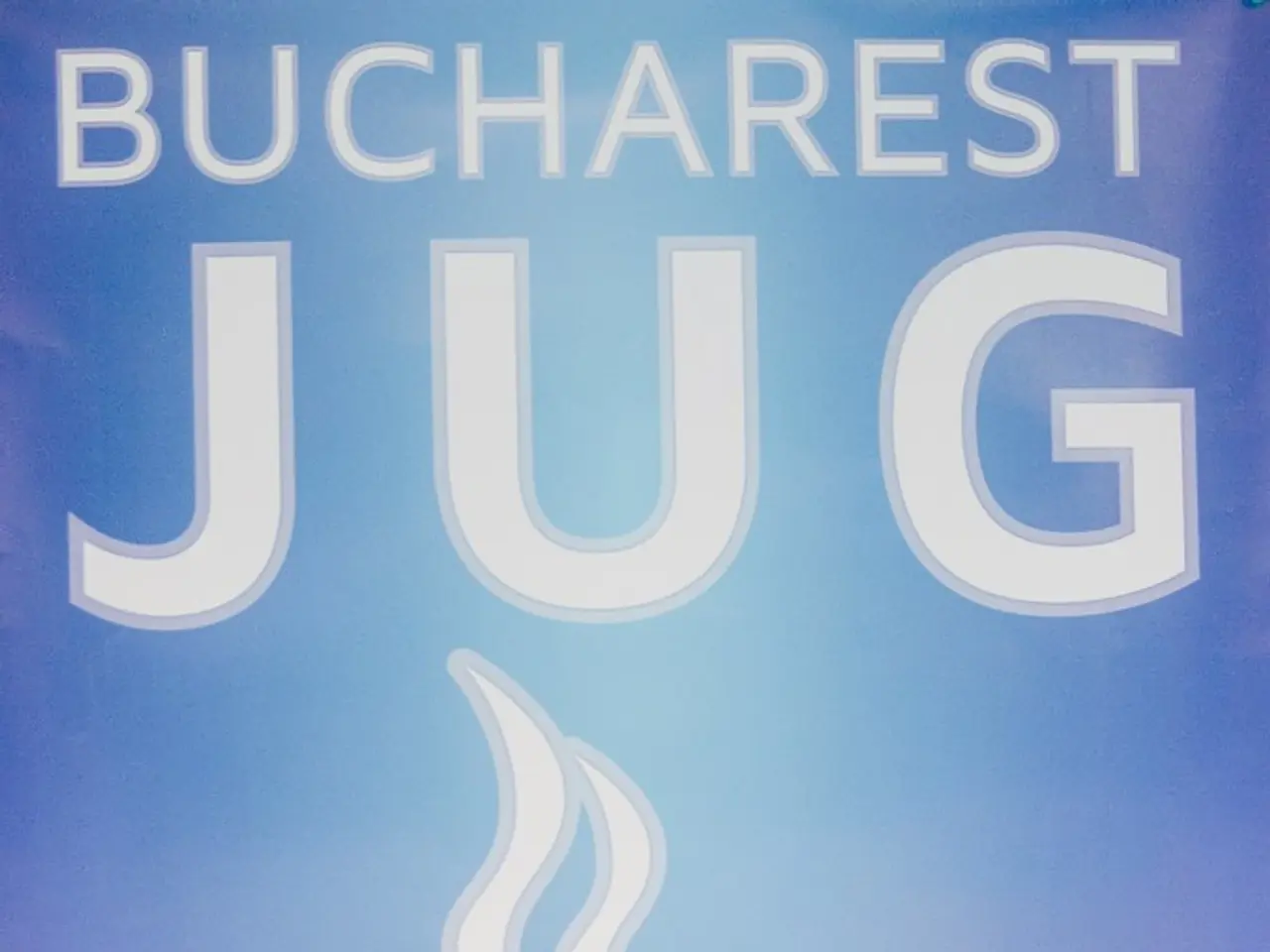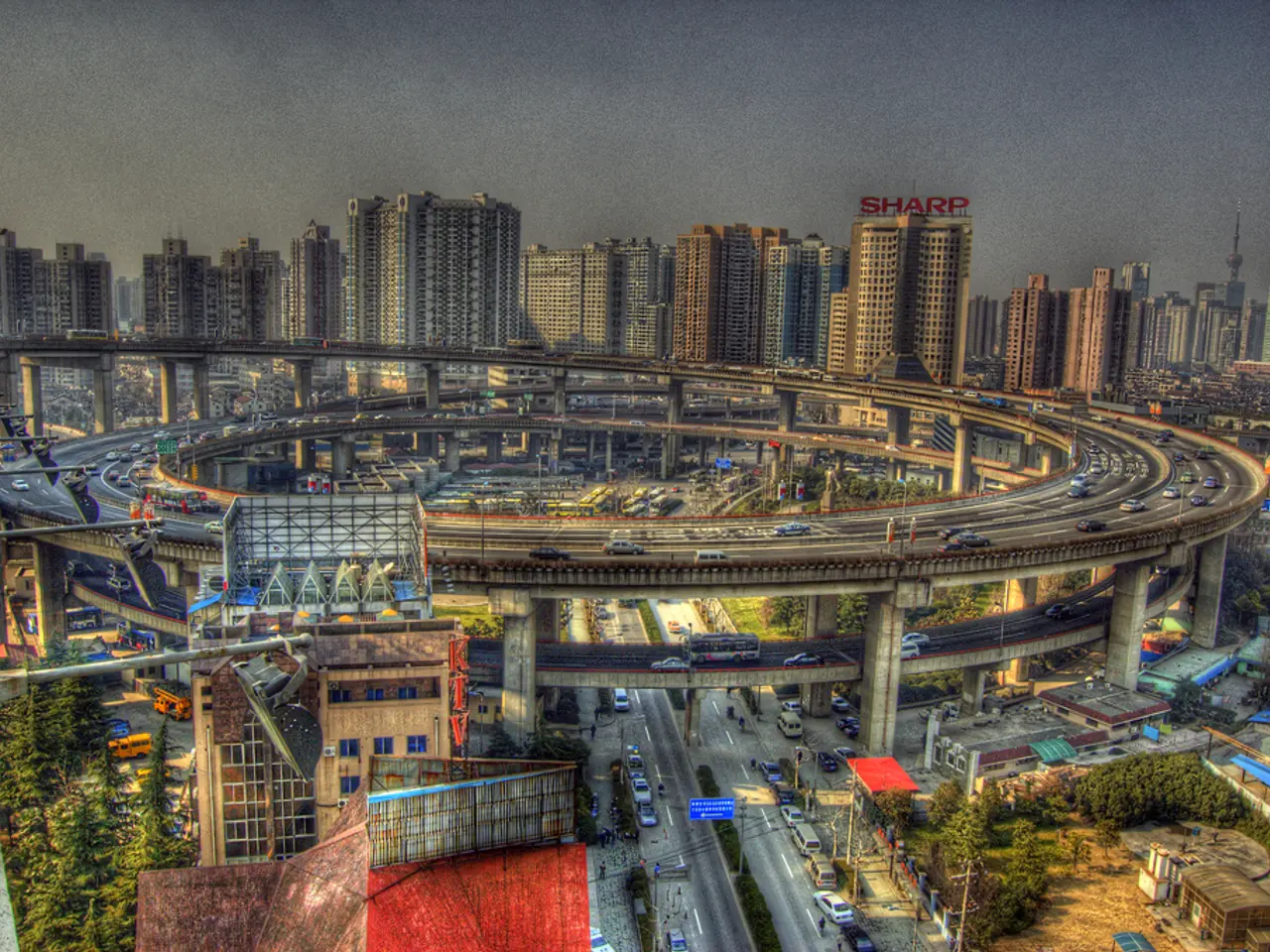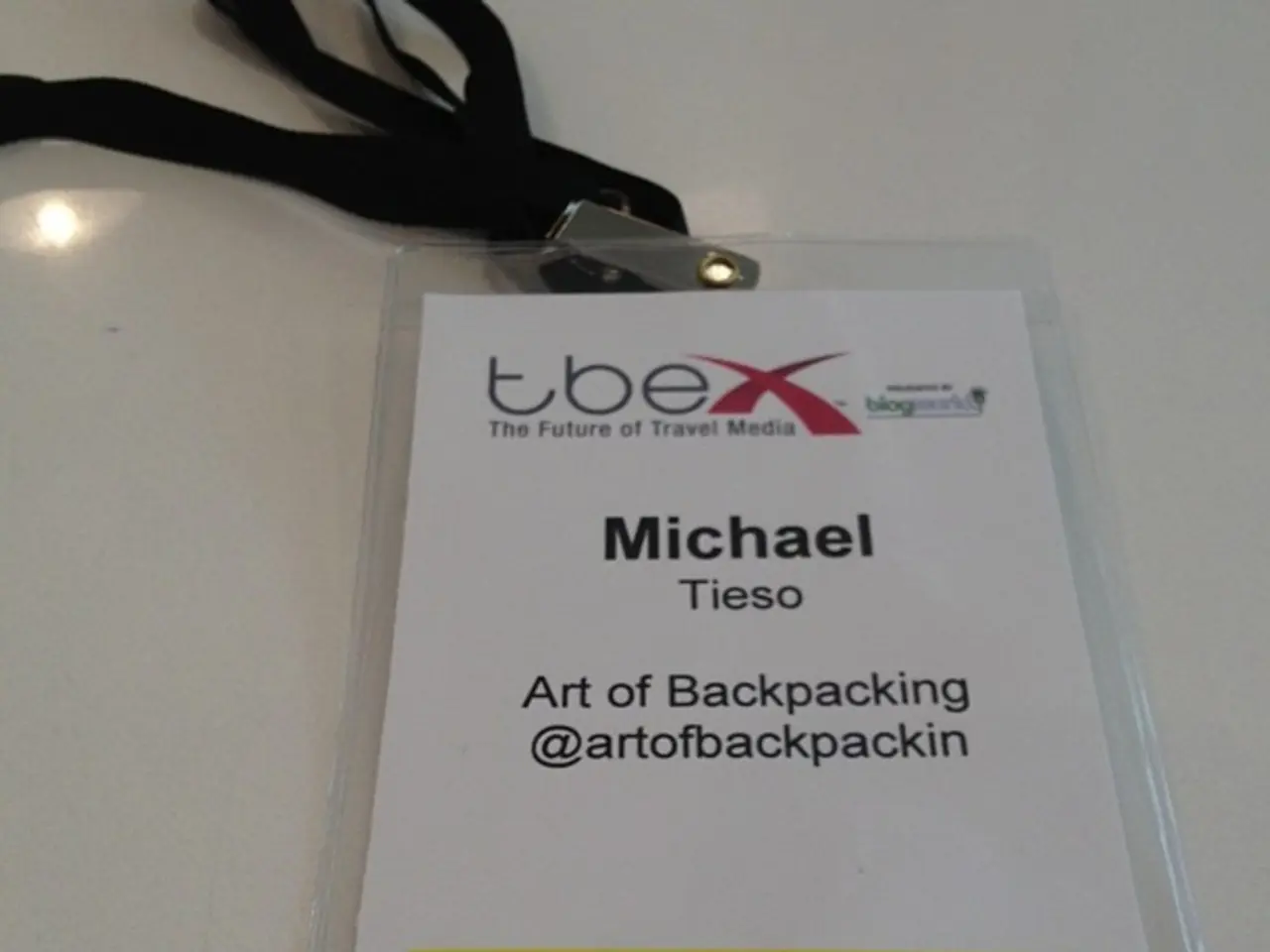Thyssenkrupp Steel'sScorching Hot Metal Production - Steel manufacturing giant Thyssenkrupp experiences increased heat, with intense furnace operations and high-temperature metal processing.
In Duisburg, Germany, ThyssenKrupp Steel is pressing on with its transition to green steel production, marking a significant step towards a more sustainable future for the industry. The company is investing €3 billion to establish a direct reduction plant, a key component in lowering carbon emissions[1][2].
However, the success of this green transformation hinges on government support and favourable economic conditions. ThyssenKrupp is advocating for faster expansion of critical hydrogen infrastructure and competitive energy prices, essential elements for the economic viability of green steel production[1][2].
This call for action comes at a time when rival ArcelorMittal has shelved its similar green steel plans, underscoring the challenging market conditions. ThyssenKrupp's management emphasizes the need for adjustments to the government's framework to foster a thriving green steel sector[1].
Amidst this transition, ThyssenKrupp is undergoing a strategic realignment of its Steel Europe business segment. This includes ongoing restructuring efforts and negotiations with labour unions, such as IG Metall. The company anticipates stabilization in the second half of 2025 as restructuring measures take effect[3].
The company's future is not without challenges. ThyssenKrupp is facing job losses, with plans to let go of 11,000 employees. Additionally, the workforce is bracing for potential annual benefit cuts of 200 million euros[2].
In a show of support, the state government under CDU Minister-President Hendrik Wüst stands firm in their commitment to create lighter, thinner metal for future mobility. The mood at the event, however, was described as low at times[2].
Thyssenkrupp has recently opened a new strand casting plant and modernized a hot-rolling mill, and two new walking-beam furnaces have been installed. Furthermore, the company has invested a total of 800 million euros in these new facilities, and the bloom logistics are now fully automated[2].
The state government of North Rhine-Westphalia, represented by Green Economics Minister Mona Neubaur, praised Thyssenkrupp and reaffirmed their commitment to the "green steel future project in Germany". Neubaur emphasized the importance of job retention and the need for both sides to make sacrifices for a promising future[2].
Meanwhile, ArcelorMittal has temporarily paused its green steel production plans in Bremen and Eisenhüttenstadt due to economic viability and insufficient sustainable hydrogen[2].
As the event concluded, attendees were treated to a traditional Currywurst, symbolizing a taste of the region's industrial heritage and a nod to the future as ThyssenKrupp continues its journey towards greener steel production.
[1] ThyssenKrupp Press Release, 2023. [2] Reuters, 2023. [3] Financial Times, 2023. [4] Bloomberg, 2023.
The manufacturing process for green steel at ThyssenKrupp Steel involves the utilization of materials from any category, excluding the product itself, as part of their efforts towards a sustainable future in the industry. To ensure this green transformation's success, ThyssenKrupp advocates for enhanced hydrogen infrastructure expansion, competitive energy prices, and adjustments to the government's framework to bolster the green steel business sector, thereby stimulating economic growth and finance.




